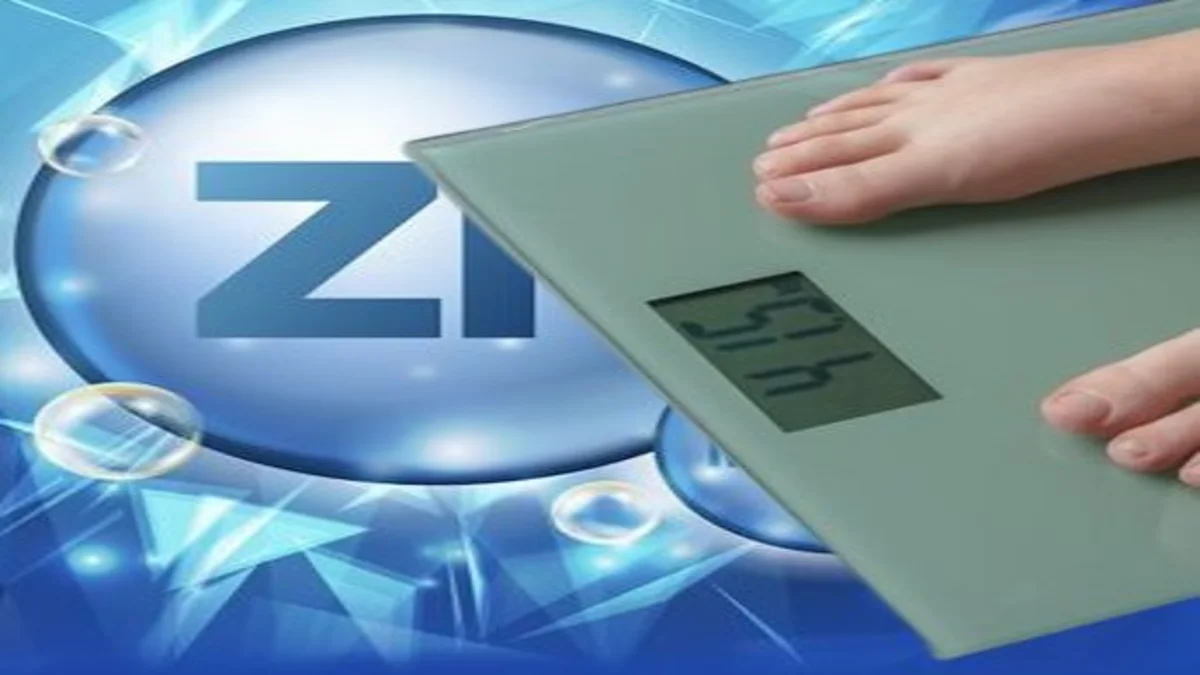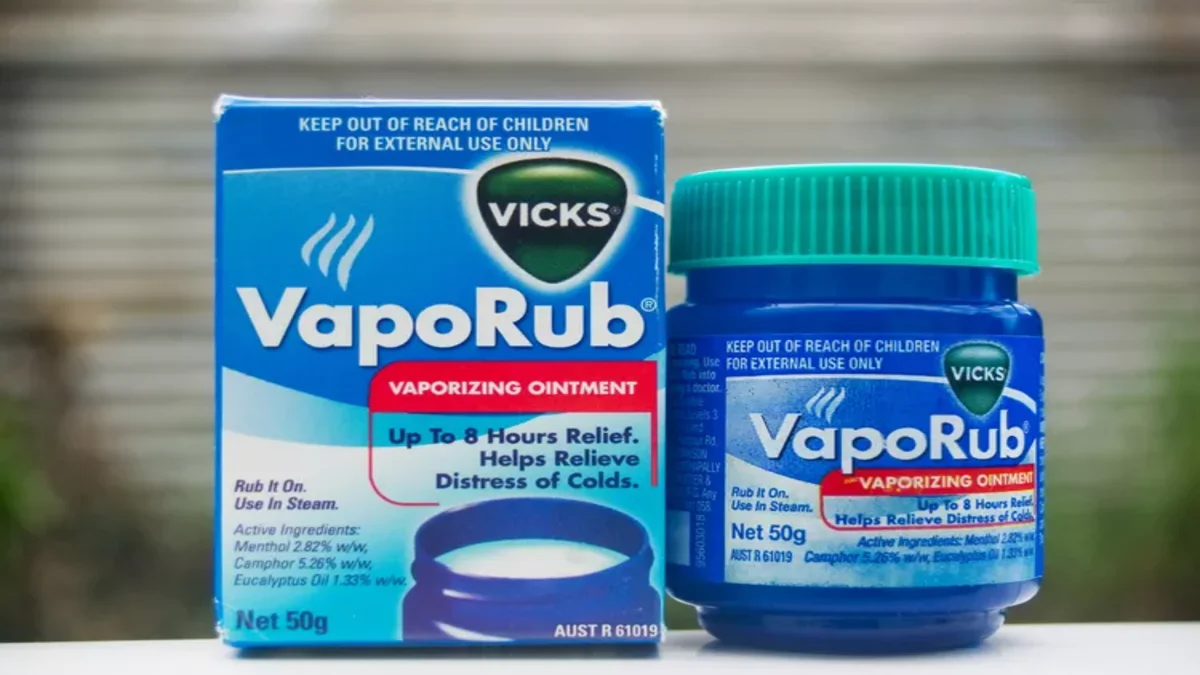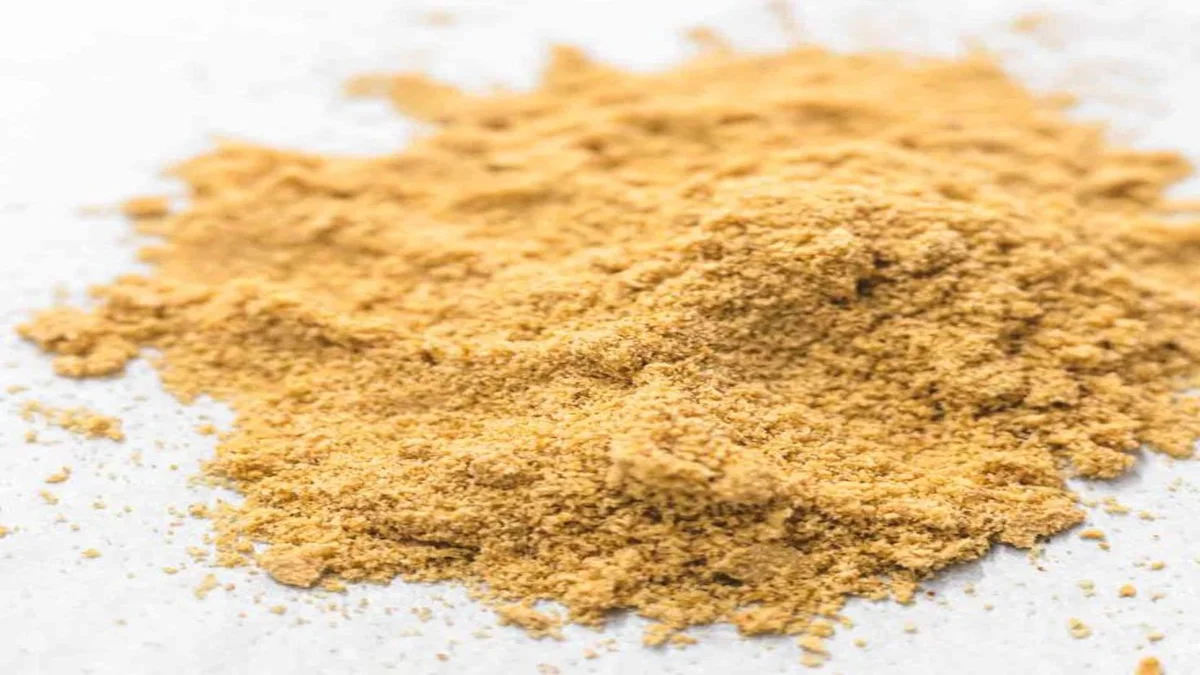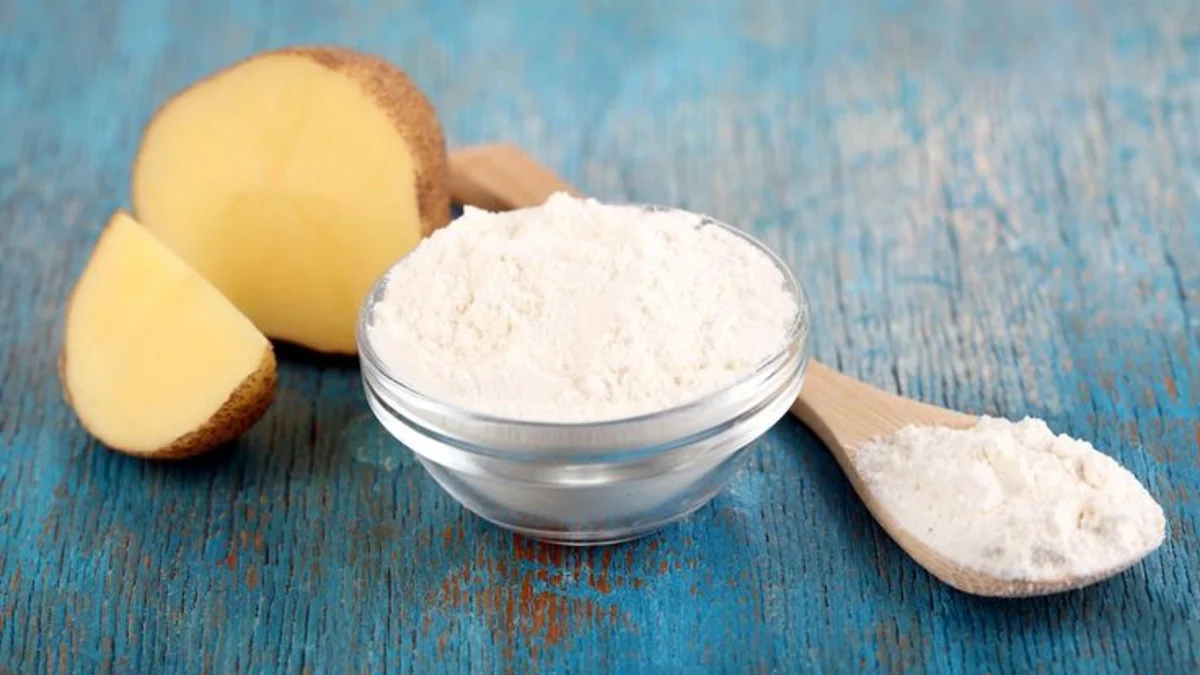Does zinc help with weight loss? Find out how incorporating this important nutrient into your diet may support your weight loss efforts.
If you are looking to lose weight, incorporating zinc into your diet may be a game-changer. In this article, we will explore the relationship between zinc and weight loss, diving into the research and uncovering the surprising truth behind this mineral’s potential impact on shedding those stubborn pounds.
What Is Zinc?
Zinc is an essential mineral that plays a crucial role in various bodily functions.
It is involved in over 300 enzymatic reactions within the body, contributing to processes like metabolism, immune function, and protein synthesis.
This mineral also acts as an antioxidant, helping to combat oxidative stress and support overall health.
Key points about zinc include:
- Zinc is important for wound healing and DNA synthesis, aiding in the repair and growth of tissues.
- It supports sensory functions like taste and smell, highlighting its significance in everyday experiences.
- Zinc deficiency can lead to weakened immune systems, wound healing, and other health issues.
Understanding the role of zinc in the body is essential for maintaining optimal health and well-being.
What is the Role of Zinc in the Body?
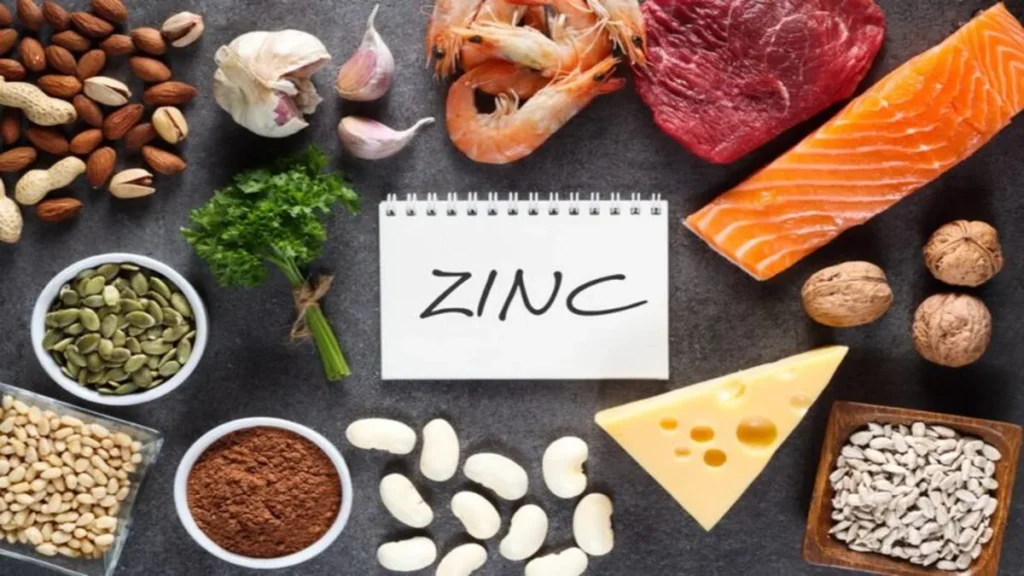
Zinc plays a crucial role in various functions within the body, making it an essential mineral for overall health.
Listed below are some key points detailing the significance of zinc:
- Wound Healing: It is involved in the process of wound healing by promoting cell growth and repair.
- Metabolism: Zinc is essential for regulating metabolism and helping in the breakdown of carbohydrates, fats, and proteins.
- Cell Division: The mineral plays a vital role in cell division, crucial for growth and development.
- DNA Synthesis: Zinc is necessary for DNA synthesis, which is essential for the creation of new cells.
In conclusion, understanding the role of zinc in the body is critical as it highlights its importance in maintaining optimal health and well-being.
Food Sources of Zinc
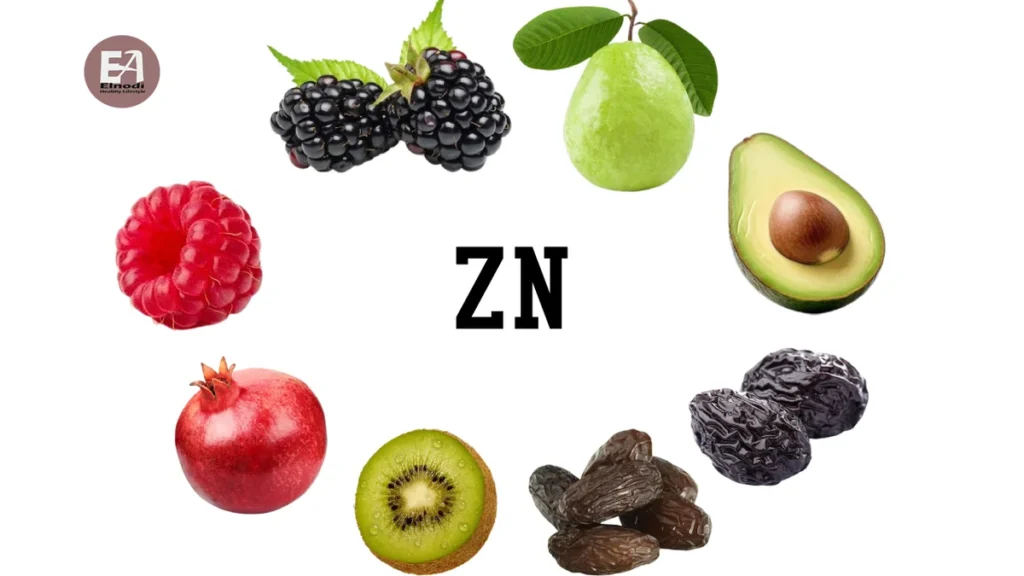
When it comes to boosting your zinc intake, incorporating the right foods into your diet is key.
By including zinc-rich foods, you can support your overall health and potentially aid in weight loss efforts.
Some of the top food sources of zinc include:
- Meat: Beef, pork, and lamb are rich in zinc.
- Legumes: Chickpeas, lentils, and beans provide plant-based sources of zinc.
- Seeds and nuts: Pumpkin seeds, cashews, and almonds are great options.
- Dairy: Milk, cheese, and yogurt contain zinc.
- Whole grains: Wheat germ, quinoa, and oats offer zinc benefits.
Incorporating these foods into your meals can help ensure you are getting an adequate amount of zinc to support your weight loss goals and overall well-being.
Does zinc help with weight loss?
Discovering whether zinc aids in weight loss is a topic that intrigues many individuals looking to shed excess pounds.
While zinc alone won’t lead to dramatic weight loss, it plays a crucial role in supporting overall health and metabolic functions.
Here are key points to consider:
- Appetite Regulation: Adequate zinc levels may help regulate appetite and prevent overeating, thereby indirectly supporting weight loss efforts.
- Immune Function: Zinc is known for its immune-boosting properties, ensuring that your body functions optimally during weight loss journeys.
- Hormone Balance: Zinc contributes to hormone regulation, including insulin, which can impact how your body stores and utilizes fat.
In conclusion, while zinc isn’t a magic weight loss solution, ensuring sufficient intake through a balanced diet can support your overall health and potentially aid in weight management.
What Happens If I Don’t Have Enough Zinc?
Not having enough zinc in your body can lead to various health issues since zinc plays a crucial role in numerous functions.
Here’s what can happen if you have a zinc deficiency:
- Impaired Wound Healing: Zinc is vital for wound healing and tissue repair. A deficiency can slow down the healing process.
- Hair Loss: Zinc deficiency has been linked to hair loss and thinning hair.
- Loss of Appetite: Low levels of zinc can lead to a decreased appetite and weight loss.
- Skin Problems: Zinc deficiency may result in skin issues like acne, eczema, or dry skin.
Ensuring an adequate intake of zinc through diet or supplements is crucial to prevent these potential health problems.
Conclusion
Zinc, an essential mineral for numerous bodily functions, plays a role in metabolism and appetite regulation.
While studies suggest a potential link between zinc levels and weight loss, further research is needed to establish concrete conclusions.
Understanding the importance of maintaining adequate zinc levels in the body can aid individuals in achieving their weight loss goals.
By incorporating zinc-rich foods or supplements into their diet, individuals may support their overall health and potentially enhance weight management efforts.
Embracing a holistic approach to weight loss that includes proper nutrition, regular exercise, and adequate zinc intake can contribute to sustainable and long-term success.
Stay informed, consult with healthcare professionals, and make informed decisions to optimize your weight loss journey effectively.
FAQs
What happens if you take zinc every day?
Does zinc help with sleep?
Can I take zinc and vitamin D together?
References
- https://pubmed.ncbi.nlm.nih.gov/24312830/
- https://pubmed.ncbi.nlm.nih.gov/23784733/
- https://www.ncbi.nlm.nih.gov/pmc/articles/PMC3728272/
- https://ods.od.nih.gov/factsheets/Zinc-HealthProfessional/
Disclaimer: The information provided here is for educational/awareness purposes only and is not intended to be a substitute for medical treatment by a healthcare professional and should not be relied upon to diagnose or treat any medical condition. The reader should consult a registered medical practitioner to determine the appropriateness of the information before consuming any medication. Elnodi does not provide any guarantee or warranty (express or implied) regarding the accuracy, adequacy, completeness, legality, reliability, or usefulness of the information; and disclaims any liability arising thereof.


